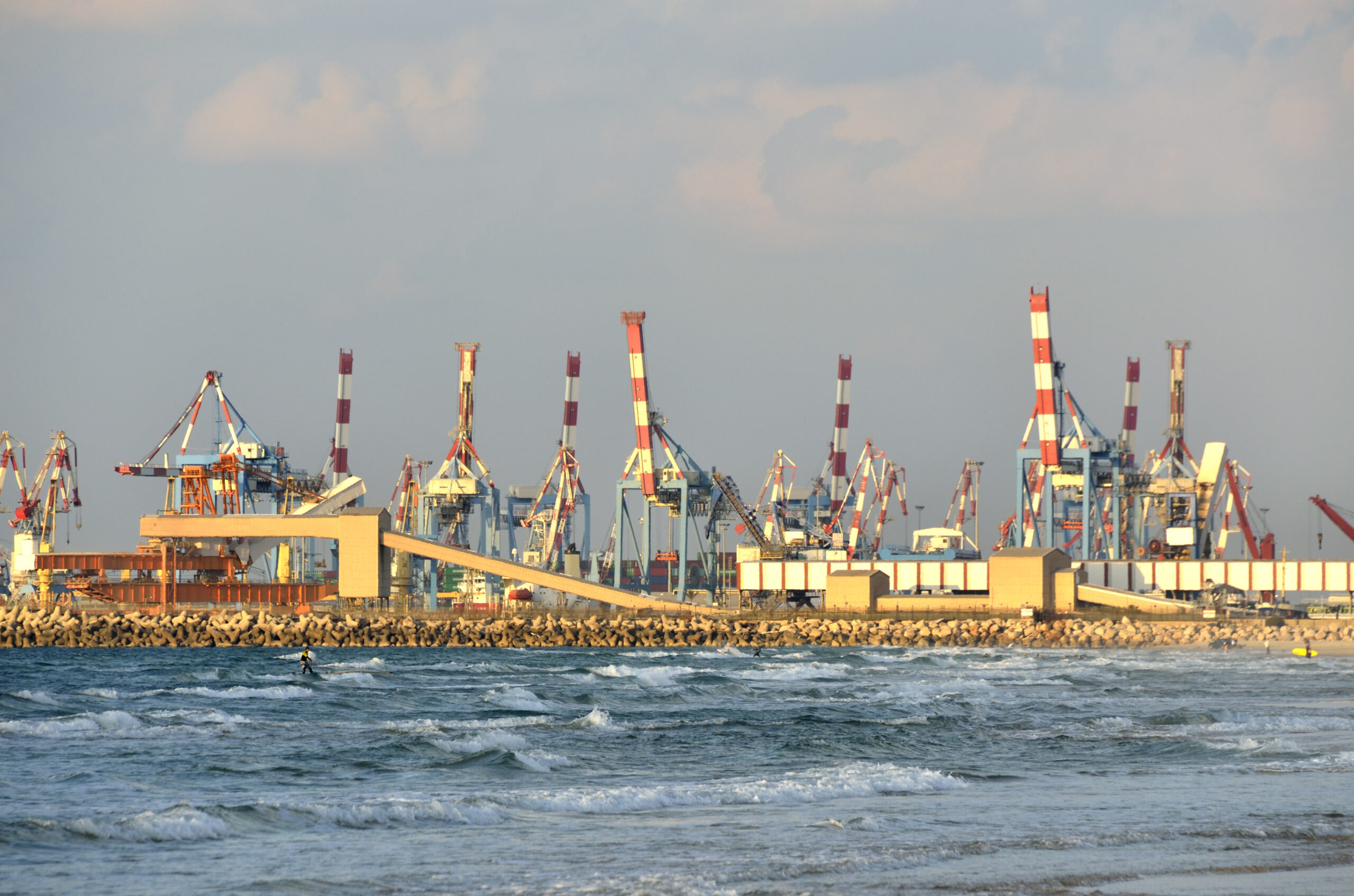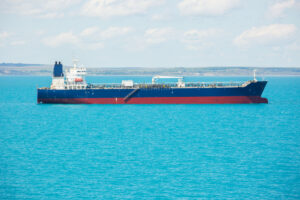Shipping companies are being advised to instruct vessels to wait further offshore than ordinarily given the risk of collateral damage at sea, maritime security company Ambrey has revealed today.
“So far, we have not seen any merchant vessels damaged while in the port, which we are assessing is likely due to Iron Dome,” said Rob Peters, Ambrey associate director risk analytics.
Ambrey assesses the risk to Israeli and US-linked shipping to be heightened in the Eastern Mediterranean, Red Sea, Gulf of Aden, Arabian Sea, Gulf of Oman, and the Arabian Gulf. This includes underway merchant shipping, and even shipping withholding its AIS broadcasts.
In terms of Israeli, Lebanese and Syrian ports, there is already a heightened material risk to vessels in Ashkelon, Israel, which has been closed, and Ashdod, Israel, which is open with some restrictions.
There is a heightened risk to merchant shipping calling the Israeli ports of Haifa and Hadera, and to Lebanese and Syrian ports in the event of a conflict on the northern front, as Ambrey reports.
Though there has been no evidence that Iran orchestrated Hamas’ attack on Israel, there are concerns that a regional conflict will erupt.
It is assessed likely that an Israel Defence Forces ground invasion of Gaza is imminent.
“Such an invasion is assessed to lead to the opening of the northern front. So far, no merchant vessels have been damaged by missile/rocket fire. The Israeli Iron Dome system is designed to protect civilian and critical national infrastructure, which makes this less likely,” Ambrey stated.
However, vessels have been disrupted, and there is a considerably greater risk of damage in the event of a regional conflict given the number of missiles and rockets available to Israel’s opponents.
Ambrey´s advisors explain, in a brief overview, that the ground invasion of Gaza has likely been delayed pending the repositioning of US naval assets, and the deployment of additional US air defences to Israel.
The Houthis’ impact in Israel is assessed as highly likely to be limited. Due to the War in Yemen, Saudi air defences have been improved considerably; meaning the Houthis are more likely to launch their air strikes along the Red Sea, which makes their flights more vulnerable to interception.
The US’ proven ability to down cruise missiles and UAVs is assessed to make alternative targets a higher priority. The repositioning of US naval assets has also likely made some areas of the wider Indian Ocean region more vulnerable.



